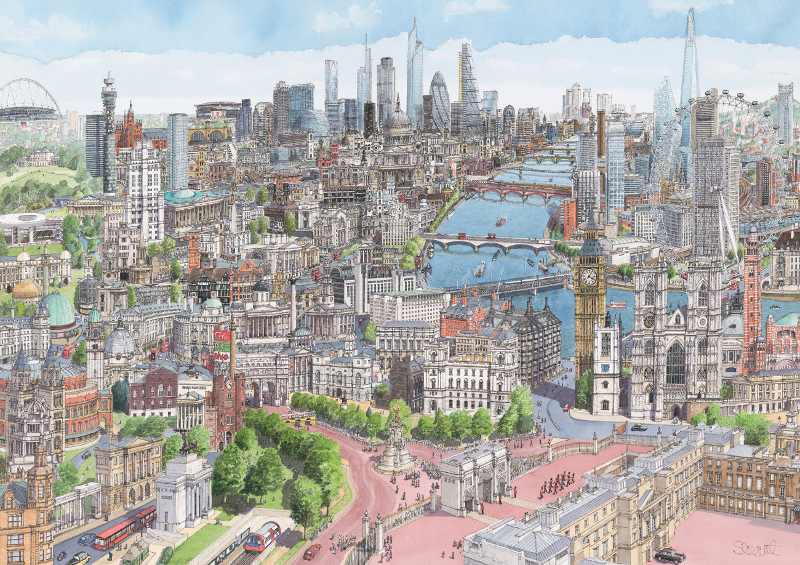

In particular, the interpersonal proximity and density of contact facilitated by cities have always held out the hope of cities as places where better, more participatory, or at least more involving democratic practices might thrive. Firstly, cities are favoured spaces for thinking about democracy because of importance attributed to the types of democratic practices that they have made or can make possible. There are two important senses in which the spatiality of the city is considered to be important to debates about democracy. This chapter will argue that, in fact, cities are not good models for democracy in general, and that it is hazardous to view them as uniquely important sites for deepening democratic governance. This association between cities and democracy has been reinforced by affinities between the city and the idea of citizenship by on-going traditions emphasising the need for more participatory, local forms of democratic governance and by recent concerns with social capital as a means of ‘making democracy work’ (Putnam 1993). This is because of the iconic status of classical Greek, medieval Italian and other city-states in debates about the origins and destinations of democratic practices. Moreover, the city has a particular place in Western thought about democracy. Cities are central to the everyday experiences of much of the world's population, and are also favoured objects of study that connect geography with other social science disciplines. It's easy to view cities as actual or potential spaces of democracy.


 0 kommentar(er)
0 kommentar(er)
